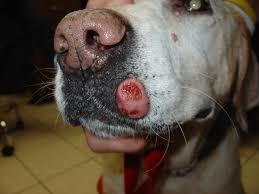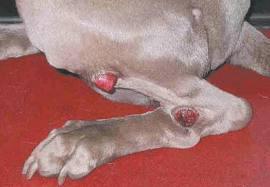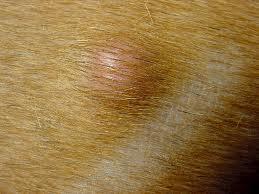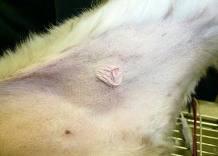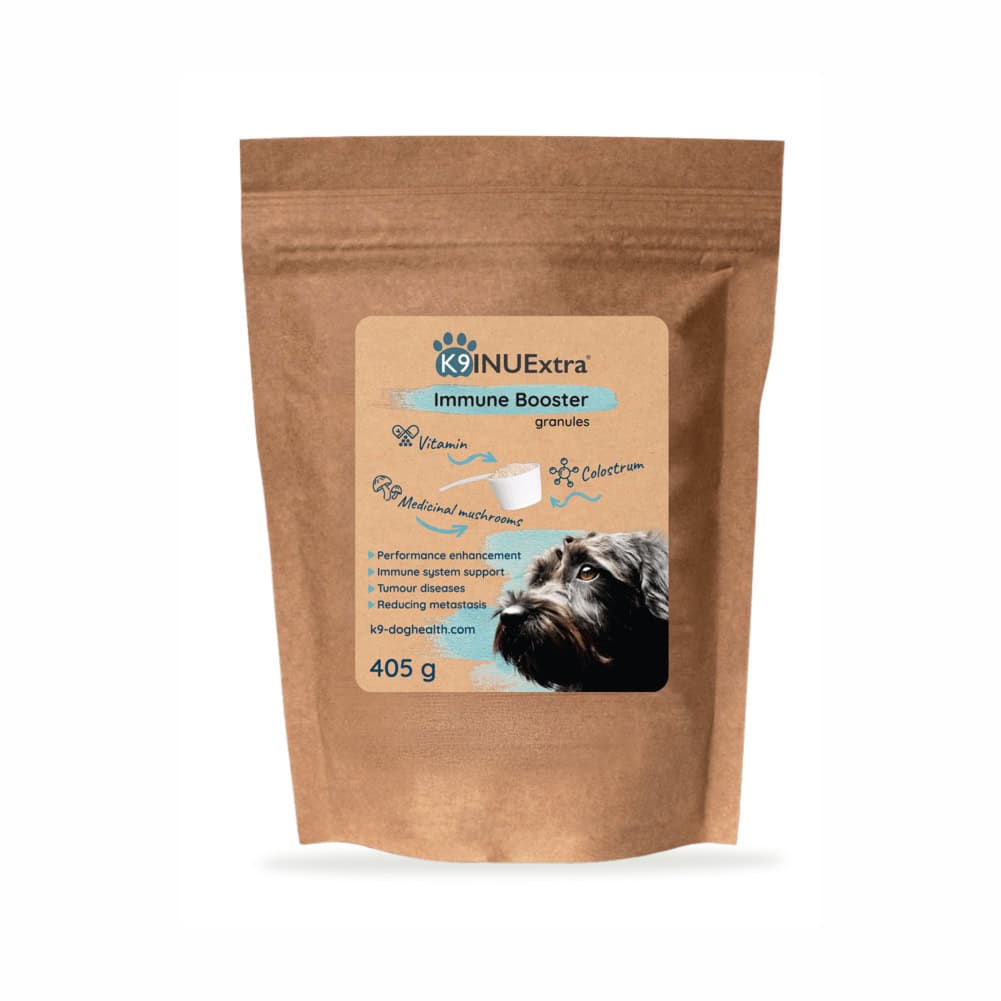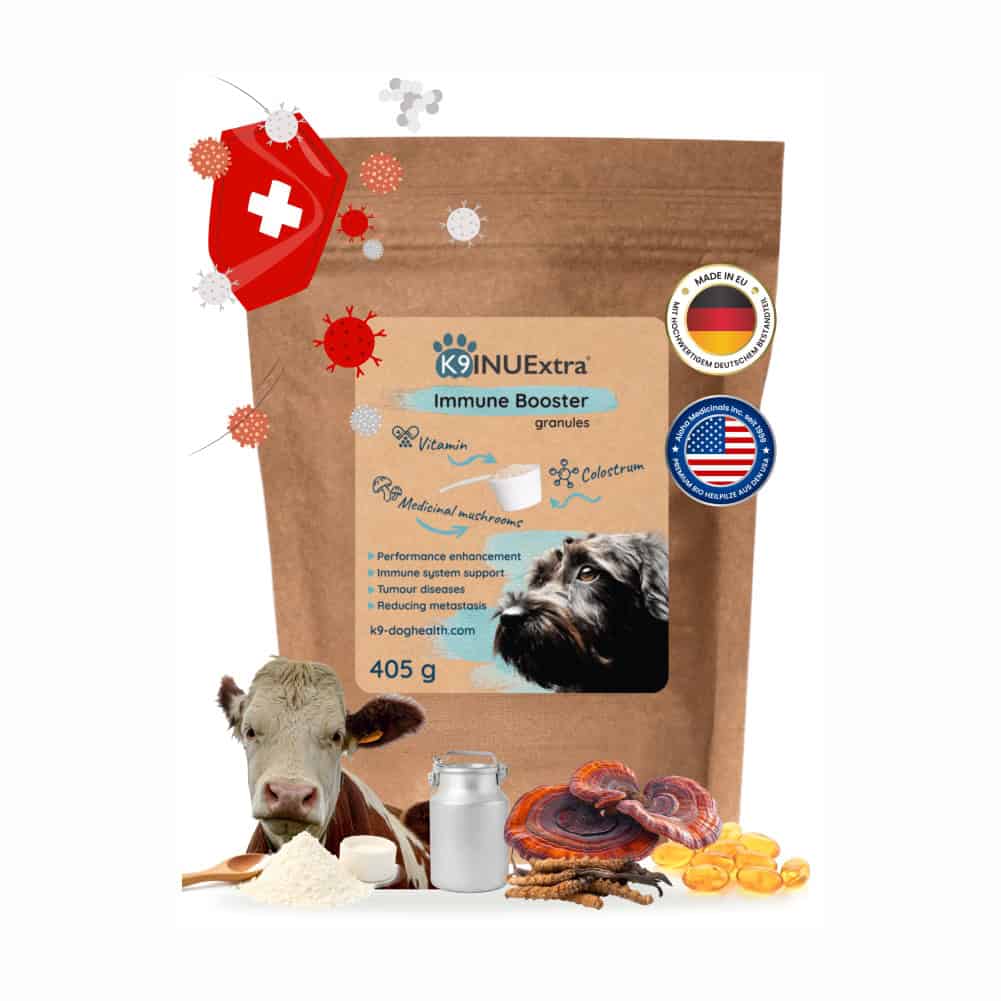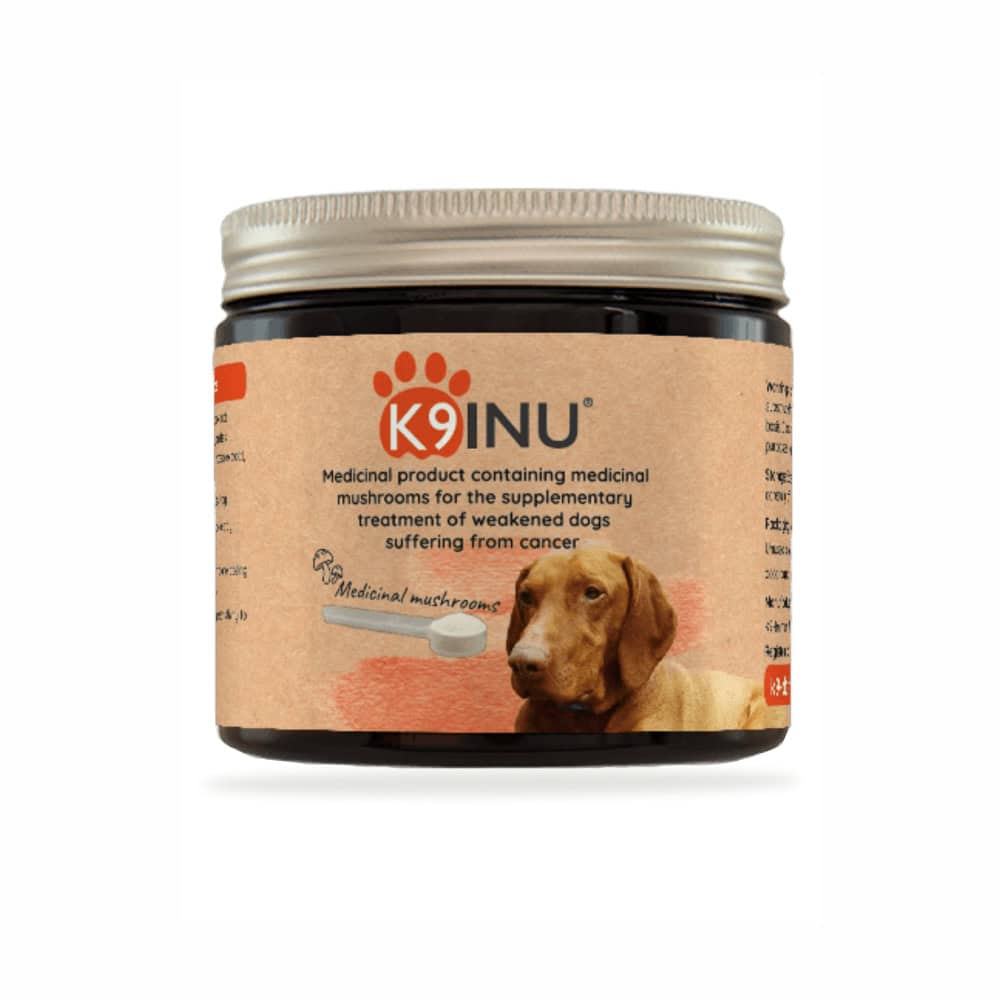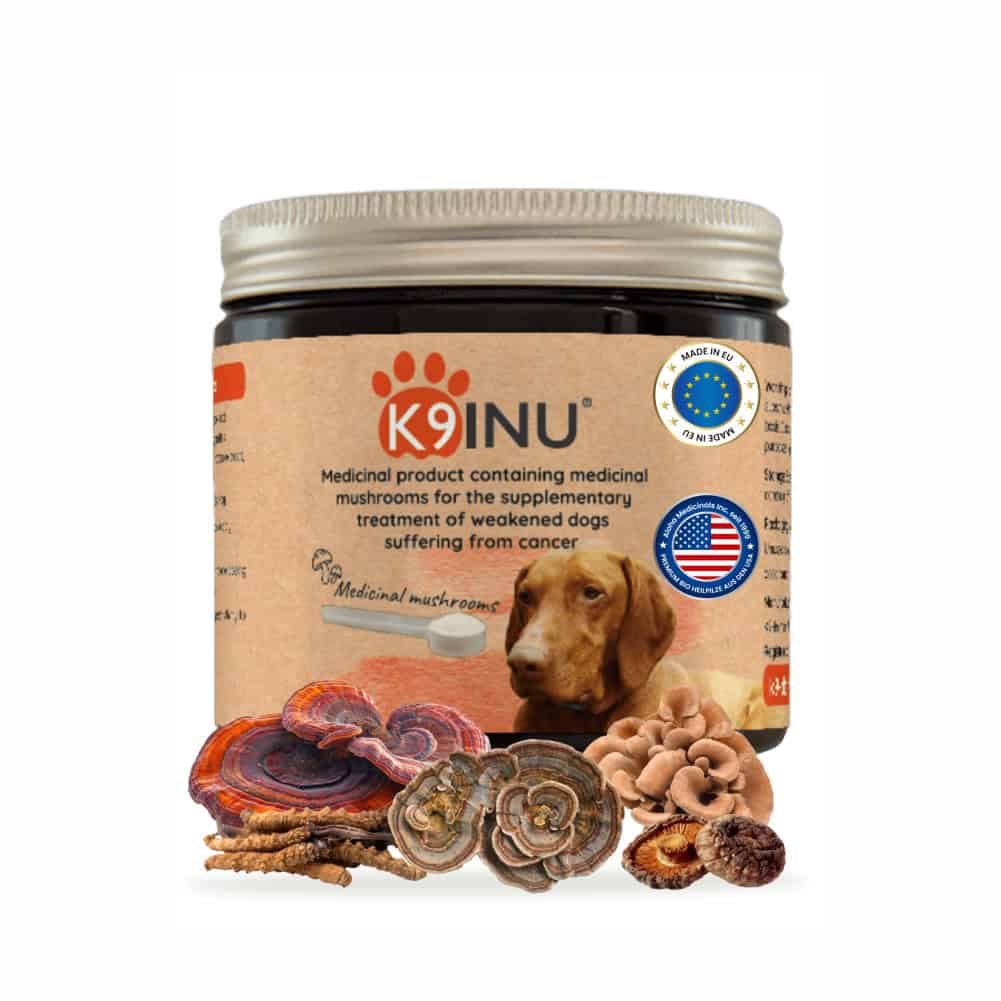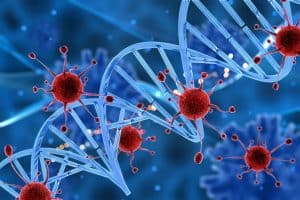Unfortunately, the exact causes of mastocytoma (mast cell tumor) in dogs are still unknown today, but it is one of the most common types of skin cancer in dogs.
Mast cells, also called mastocytes, are specialized white blood cells that help regulate immune responses. They exist throughout the body but appear in higher numbers where the body meets the outside world. These areas include the skin, mucous membranes, airways, digestive tract, conjunctiva, and nose. Mast cells defend the body against bacteria and parasites, support wound healing, and drive allergic reactions.
When the body experiences stress or harmful triggers, mast cells release substances such as histamine. Histamine triggers allergy-like symptoms that activate the immune system’s response. While these chemicals are crucial for healthy immune function, producing too much can lead to serious issues.
Symptoms of mastocytoma in dogs
Unfortunately, the exact causes of mastocytoma are still unknown. It is one of the most common types of skin cancer in dogs. About 1/3 of all cancers are skin cancers, of which mastocytoma accounts for 20%.
It can occur anywhere on the body of dogs of any age, sex, or breed, however, there seem to be certain breeds that are more prone to this type of tumor. (Baegle, Boston terrier, staffordshire terrier, fox terrier, bulldog, bullmastiff, dachshund, labrador, schnauzer, American staffordshire terrier, golden retriever.) The chance of development increases with age (usually from the age of 8-9).
The most common symptom of mastocytoma, or mast cell tumour, is a growth on the surface of the skin. The growth can be very diverse, from a wart-like bump to an ulcerated sore. Most often they are solitary, but sometimes several grow side by side, usually on the trunk and limbs, less commonly on the head and neck. Mastocytoma is also characterised by a variation in the size of the growth, increasing and decreasing, even from day to day. The growths are typically painless, but if they are very swollen or ulcerated, they may be painful.
Systemic symptoms of mastocytoma in dogs
Depending on the location and size of the tumor: loss of appetite, vomiting, bloody vomit, diarrhoea, abdominal pain, dark or black stools, itching, lethargy, cough, difficulty breathing, irregular heart rhythm and blood pressure, various bleeding disorders, delayed wound healing, enlarged lymph nodes.
Treatment of mastocytoma in dogs
The most effective way to treat mastocytoma is usually surgery, as long as the tumour can be clearly outlined. During the procedure, vets remove not only the tumour but also some surrounding healthy tissue to lower the risk of recurrence. Because mastocytomas spread quickly and often silently throughout the body, vets often follow surgery with chemotherapy or radiotherapy to destroy remaining cancer cells.
Surgery and chemotherapy eliminate most of the tumour burden, but this marks only the first step in recovery. These methods do not fix the underlying immune dysfunction that allowed the tumour to form.
However, once surgery and chemotherapy reduce the tumour load, immunomodulatory support (like K9 INU® and K9 INUExtra®) can help. These products activate the dog’s own immune system to defend against remaining cancer cells. With this combined approach, dogs have an excellent chance to recover and live a full life.
Strengthening the immune system is essential in cancer (Lymphoma, Osteosarcoma, Mastocytoma, Hemangiosarcoma in dogs, Dog mammary tumour, etc.) or any other disease resulting from an immune disorder! Until the body reacts to the disease on its own, there is no real cure, only symptomatic treatment.
That’s why many vets say, rightly, that you can only prolong the life of your dog, but the tumour is still there. Surgery and radiotherapy are essential to remove the tumour that has already grown. However, the body’s own strength is needed to help the dog beat the disease.
In addition to veterinary treatments, it is crucial to place great emphasis on strengthening the immune system!
A proper diet
plays a crucial role in a dog’s overall health. Cancer is one of the leading causes of death in dogs, and many experts believe that poor nutrition is a major contributing factor. Most dogs are fed grain-based foods, even though they’re not meant to graze in wheat fields. Dogs are natural carnivores, and they lack the enzymes needed to digest and process grains properly.
When a carnivorous animal eats a diet built around grains, it either misses out on essential nutrients or can’t properly absorb them. Over time, this can lead to immune system dysfunction and a higher risk of serious illnesses, including cancer. If an inappropriate diet contributes to cancer, then it becomes clear that feeding dogs properly is essential – especially if they’re already fighting the disease.
In fact, nutrition is one of the most important factors in supporting dogs during cancer treatment. To truly help them, we need to provide the right nutrients their bodies can actually use. Just because a dog food is expensive, popular, or highly rated doesn’t mean it’s the best option for a dog battling cancer.
For more information, read our article feeding a dog with cancer.
Learn more about dog tumor types
Click here to read in Hungarian about the Kutya daganat típusok.
Or if you want to read in Hungarian about A kutya daganat és a gyógygomba összefüggéséről.
